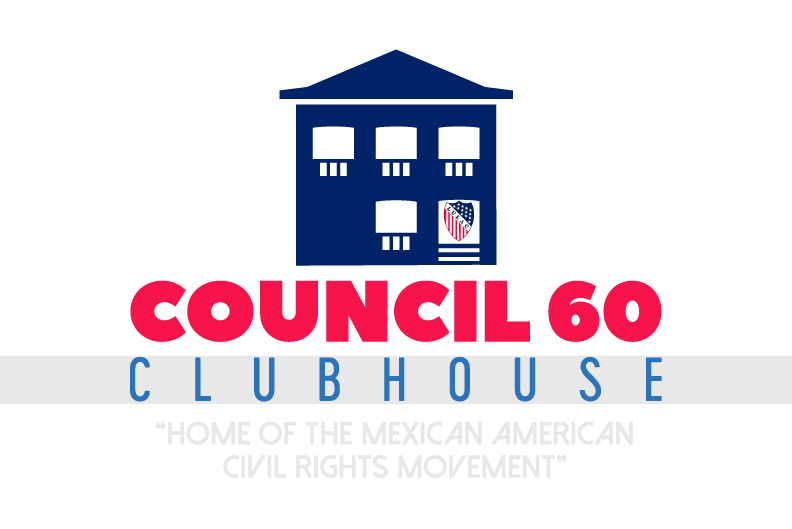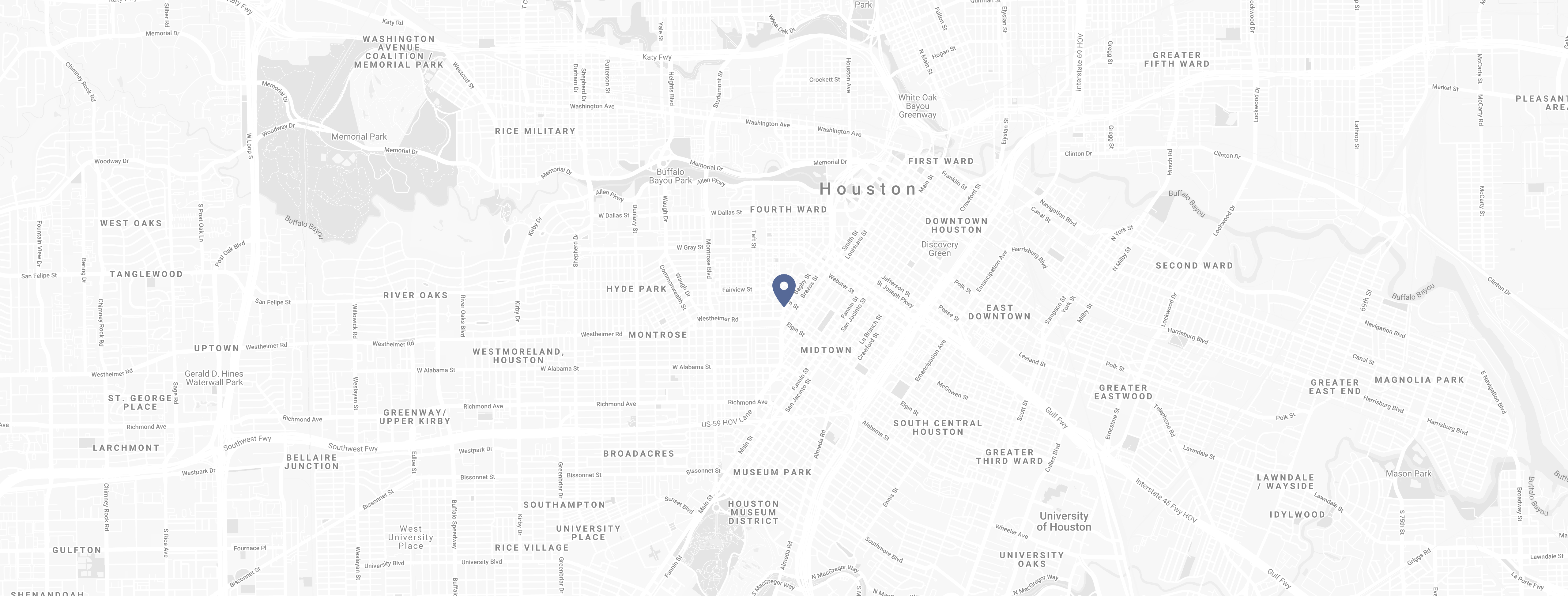 Donate Now
Donate Now

treasure in
the heart
of Houston
 Donar ahora
Donar ahora

nacional en
el corazón
de Houston


Historic LULAC Council 60
The Heritage Society

The modest, two-story stucco building that became LULAC Council 60’s home was originally built in 1907 and purchased in 1955 for the use of their members. Council 60 was at the center of Mexican American political organizing in Houston during the 1950s and ‘60s, a formative time in civil rights history. Its Clubhouse served as the de facto national headquarters of LULAC throughout most of the Mexican American Civil Rights Movement. (The organization’s national office in Washington, D.C., was not established until 1996.)During those two decades of influential civil rights work, Council 60 created three distinct programs that have helped the Latino community and other Americans from low-income backgrounds flourish today.
BACKGROUND
The modest, two-story stucco building that became LULAC Council 60’s home was originally built in 1907 and purchased in 1955 for the use of their members. Council 60 was at the center of Mexican American political organizing in Houston during the 1950s and ‘60s, a formative time in civil rights history. Its Clubhouse served as the de facto national headquarters of LULAC throughout most of the Mexican American Civil Rights Movement. (The organization’s national office in Washington, D.C., was not established until 1996.)During those two decades of influential civil rights work, Council 60 created three distinct programs that have helped the Latino community and other Americans from low-income backgrounds flourish today.
Project Headstart
Felix Tijerina (national president and chairman of LULAC’s Educational Fund at the time) established a pilot program in 1957, originally known as the “Little School of the 400,” teaching 400 basic English words to Spanish-speaking preschool students. By the 1960s, the “Little School of the 400” was expanded from the local to the national level into Project Headstart, and schools across the United States included the program in their curriculum.
SER—Jobs for Progress
The job training and placement center began inside the chapter’s Clubhouse starting in 1965. The center’s initial program led to a federally funded work advancement service called SER (Service, Employment, Redevelopment)—Jobs for Progress. It is now the largest work placement program in the nation.
National LULAC Housing Commission
To improve affordable housing opportunities for Mexican Americans, LULAC national president Roberto Ornelos founded a national housing body for LULAC, called the National LULAC Housing Commission, in 1968. Ornelos, who was operating out of the Council 60 Clubhouse at the time, partnered with the Department of Housing and Urban Development to provide homebuyer training and housing opportunities for Latino seniors and low-income families. This program is still in place and is a key priority for LULAC’s national organization.
“Some historians have noted
the clubhouse was the spot where Latino
political power began to show.”
“Huge humanitarian things have
happened inside this house.”
PROJECT
Houston only has two places deemed national landmarks by National Trust for Historic Preservation: The Astrodome and The Council 60 Clubhouse.
The Council 60 Clubhouse can serve as a living piece of history, and organizing space for the broader Houston Community.
We propose making the Clubhouse both a historic and cultural hub while continuing its legacy as a collective for local community organizations and advocates.
YOUR DONATION…
Will get us one step further to opening the doors of the clubhouse to the broader community to facilitate advocacy, community, and organization once again.
Will shore up the Midtown and Montrose micro-economy by saving a nationally recognized historic place, furthering the existing narrative that these two neighborhoods are part of an authentic center of Houston cultural and historic life.
Will create further awareness, and a chain of giving through our social media and public relation campaigns.
In the 1950s this building began with $2.35 and was eventually fully funded by the community. In that spirit, a donation of any amount will, with the donor’s permission, afford the donor’s name (or family’s name) a place on our future “Clubhouse Familia” wall within the refurbished building.


